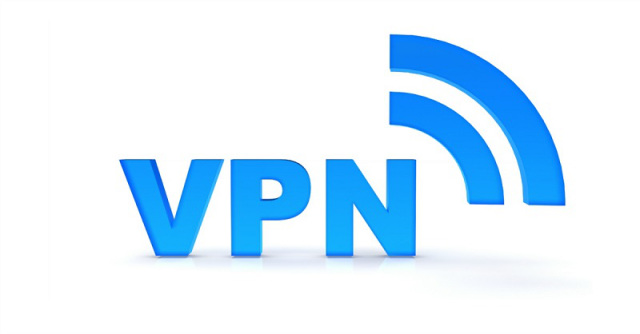By Ritah Kemigisa.
Ugandans have resorted to using virtual private networks (VPN) as a solution to bypass paying the Shs 200 daily excise duty charge on Over-The-Top (OTT) services.
The social media tax that was controversially passed by legislators in May affects social media platforms like Facebook, WhatsApp, and Twitter among others.
By last evening social media users had started boasting of how they have evaded the tax imposed on them by government by using VPN.
Ugandans have since shared mixed feelings with many showing more comfort using VPN.
Government is expecting to collect between shs 400 billion and 1.4 trillion shillings from this new tax
VPN is a technology that extends a private network across a public network, and enables users to send and receive data across shared or public networks as if their computing devices were directly connected to the private network.
VPN was first popularized by former Prime Minister Amama Mbabazi in 2016 when he was campaigning as a presidential candidate ahead of Uganda’s 2016 elections.
At the time, President Museveni who was also campaigning for a fifth elective term had shut down social media claiming that the ban was a “security measure to avert lies intended to incite violence and illegal declaration of election results.”









